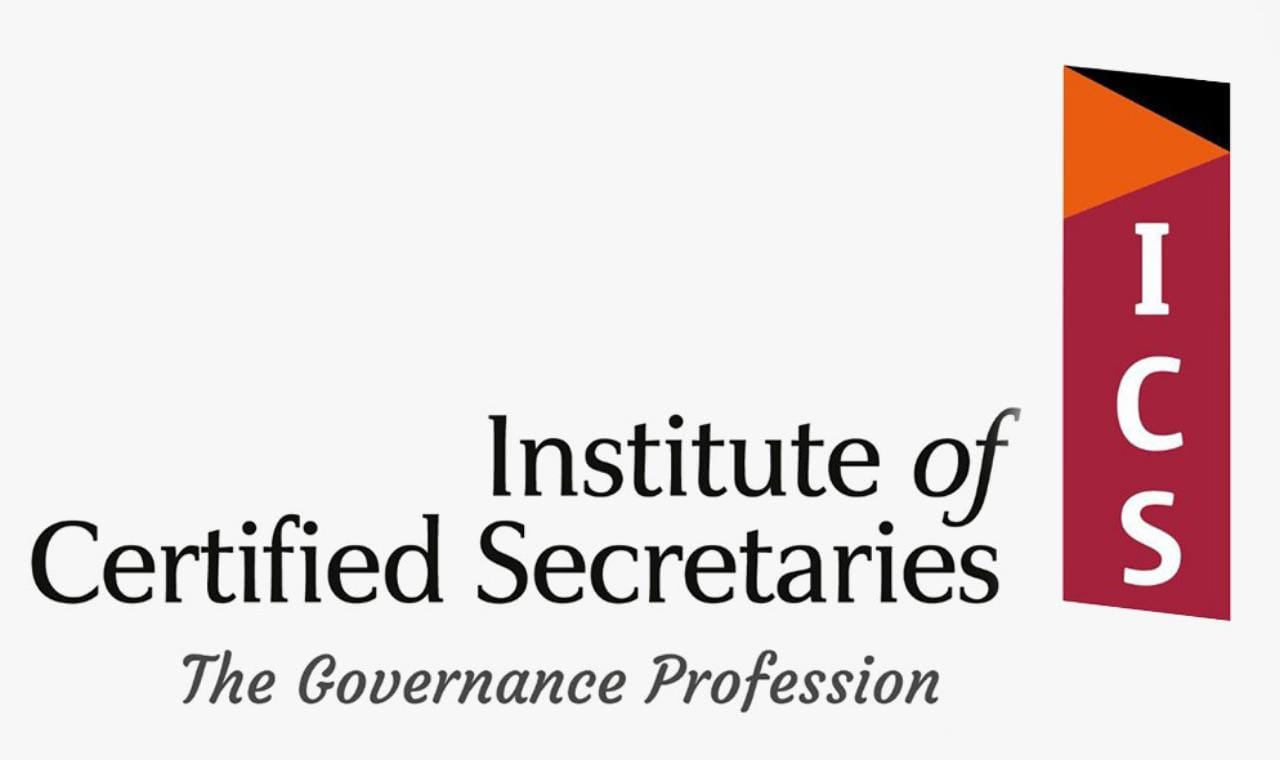Incorporating a growth mindset into corporate governance is critical to success in these uncertain times. A growth mindset is a belief that one's abilities and qualities can be developed, rather than being fixed traits. This mindset allows individuals and organizations to embrace challenges, persist in the face of setbacks, learn from criticism, and ultimately achieve their goals.
To cultivate a growth mindset, leaders must first recognize the importance of innovation and change. They need to create an environment that encourages experimentation and risk-taking, where failure is seen as an opportunity to learn and improve. Leaders should also prioritize continuous learning and development, offering training and development opportunities to employees at all levels.
In corporate governance, a growth mindset means embracing new technologies, business models, and market trends. It requires a willingness to challenge established practices and processes, and to adapt quickly to changing circumstances. This mindset is particularly critical in industries that are rapidly evolving, such as technology and healthcare.
Adaptability is another essential quality for success in today's business world. Adaptability means being able to adjust to new situations and environments, quickly and effectively. Adaptable leaders are flexible and resilient, able to pivot when circumstances require it.
To cultivate adaptability in corporate governance, leaders need to be open to new ideas and willing to experiment with different approaches. They should encourage their teams to think creatively and to seek out new opportunities for growth and innovation. Leaders should also prioritize communication and collaboration, ensuring that all stakeholders are informed and engaged in decision-making processes.
Agility is a related quality that is crucial for success in today's business world. Agility refers to the ability to move quickly and decisively, responding to changes in the market or industry. Agile organizations are able to pivot quickly and seize new opportunities, rather than being held back by bureaucracy or outdated structures.
To cultivate agility in corporate governance, leaders need to create a culture of responsiveness and flexibility. This may require restructuring the organization to be more decentralized, empowering employees at all levels to make decisions and take action when needed. Leaders should also prioritize transparency and accountability, ensuring that all stakeholders are aware of key decisions and the rationale behind them.
Finally, resilience is critical for long-term success in any industry. Resilience means being able to withstand adversity and bounce back from setbacks. Resilient organizations are able to weather storms and emerge stronger on the other side.
To cultivate resilience in corporate governance, leaders need to prioritize strategic planning and risk management. They should anticipate potential challenges and develop contingency plans to mitigate them. Leaders should also prioritize employee well-being and mental health, recognizing that a healthy workforce is essential for long-term success.
In conclusion, cultivating a growth mindset, adaptability, agility, and resilience in corporate governance is essential for success in today's business world. Leaders who prioritize these qualities will be better equipped to navigate the challenges and uncertainties of the future, and to seize opportunities for growth and innovation. By embracing change and cultivating a culture of learning and experimentation, organizations can position themselves for long-term success and sustainability.
